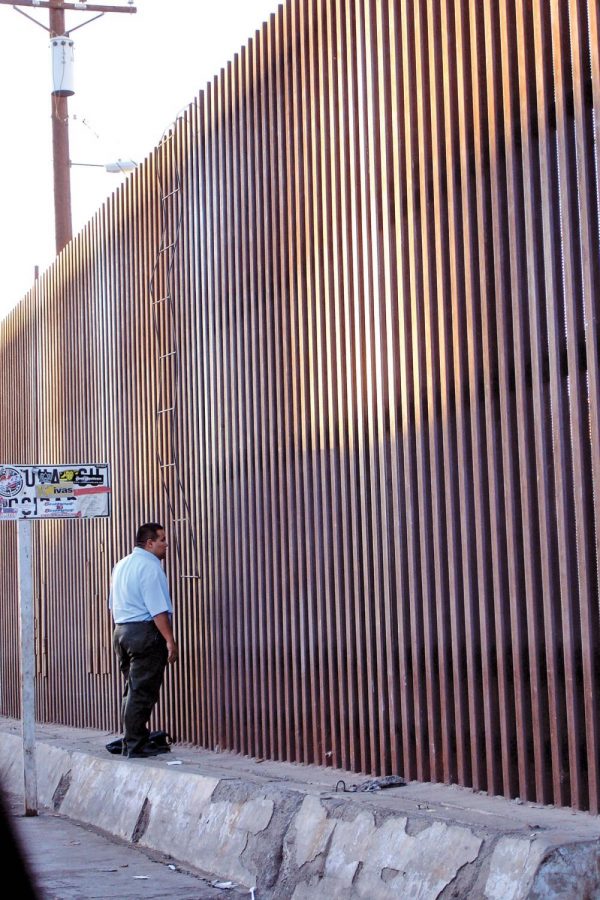Trump administration to refuse all asylum seekers who cross southern border illegally
Trump’s hard-line stance on immigration has stirred debate.
By the same power which allowed him to enact the travel ban, the Trump administration announced Thursday that it will deny asylum status to all immigrants who enter the country illegally. These new regulations went into effect on Saturday, after they were published in the Federal Register, based on the president’s security powers intended to protect the country from foreign threats.
These rules will apply to specific countries which the president has not yet listed.
President Trump explains within the proclamation that “the great number of aliens who cross unlawfully into the United States through the southern border consumes tremendous resources as the Government seeks to surveil, apprehend, screen, process and detain them.”
Trump claims that this new system will end the “catch and release” of illegal immigrants in the United States. He believes the status quo leads to illegal immigrants taking advantage of the appeal for asylum, and skipping their court dates in order to remain in the country rather than risking denial and deportation. These new rules would also automatically declare “large groups” of immigrants ineligible for asylum. The definition of “large group” has not yet been clarified. This new system mandates than only immigrants who apply for and await the grant for asylum before entering the country or at a designated point of entry will be considered.
The determination of who is a legitimate refugee was defined by the Refugee Act of 1980 as a person who is unable or unwilling to return to his or her home country, and cannot obtain protection in that country, due to past persecution or a well-founded fear of being persecuted in the future “on account of race, religion, nationality, membership in a particular social group or political opinion.”
This means that the soonest an asylum seeker may enter the country and experience relief of prosecution will equal the wait time for their applications to be reviewed and relief granted.
The Immigration and Nationality Act mandates that the asylum seeker interview should be set within 45 days after the application is filed and that a decision should be made by 180 days, resulting in a total of nearly seven and a half months for the legally permitted wait time. However, the act also specifies that exceptional circumstances justify a longer process time.
Asylum denial rates have risen significantly under the Trump administration, from 44 percent in 2012 to 70 percent in 2018, according to Yamiche Alcindor, White House correspondent of the PBS NewsHour.
Junior Lya Ayarza feels that these actions by the Trump administration constitute an affront to what America stands for.
“That seems to be anti-American values, in my opinion,” Ayarza said. “I mean, the people that went to Plymouth Rock were refugees from England.”
While the Trump administration’s proclamation seeks to stop the caravan of migrants that became a major midterm election issue, the legality of these new rules is widely debated. Attorneys for the American Civil Liberties Union and other immigrant advocacy groups filed lawsuits against the administration just hours after Trump issued the proclamation.







